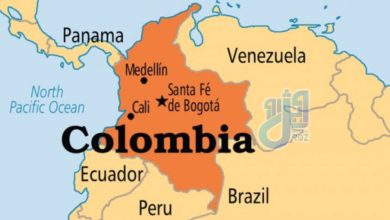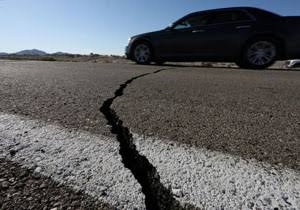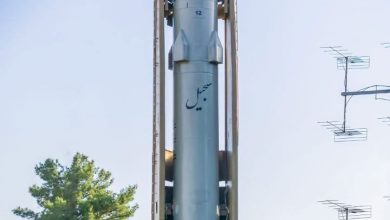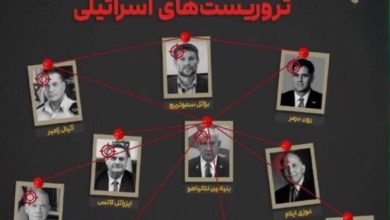Erdogan and Betrayal of the Palestinian Cause: From Syria’s Division to Fueling Israel’s War Vehicles
While the world witnessed the atrocities of the Israeli regime in Gaza and the "Resistance Axis," consisting of Hezbollah Lebanon, Yemen, Iraq, and Iran, mobilized all its resources to support Palestine, the actions of Recep Tayyip Erdogan, the President of Turkey, have sparked a wave of criticism from activists in the Muslim world. Critics accuse him of direct and indirect collaboration with the plans of the United States and Israel in the Middle East.
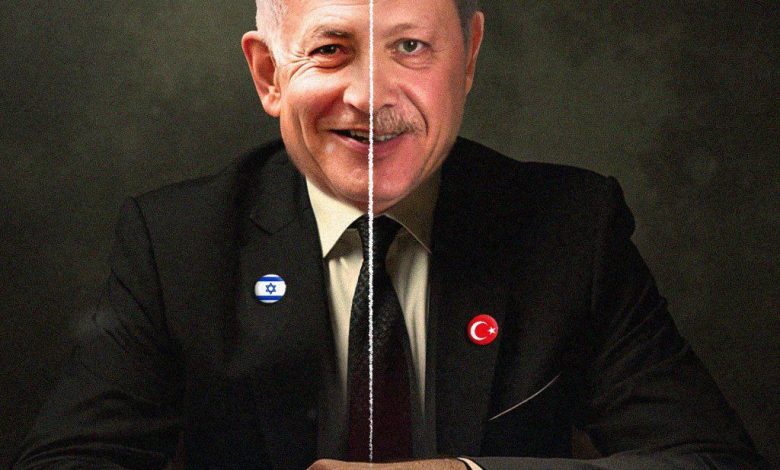
Weezha Roz-Kabul-Syria: A Field of Destruction for Islamic Solidarity Analysts say that at the height of the Gaza conflict, with the Resistance forces focused on confronting the Israeli regime’s aggression, Erdogan sent takfiri groups to Syria, executing Washington and Tel Aviv’s plan to weaken the Bashar al-Assad government and sever Iran’s corridor to Lebanon and Palestine.
The consequence of this action was the division of Syria into three regions: Kurdish-controlled northern areas, terrorist groups in the center, and Israeli occupation of the south.
Previously, the Israeli regime never dared to directly attack Syria, but today, it has destroyed the country’s military infrastructure and occupied large parts of southern Syria.
Trade with Israel: Sending Fuel for Genocide in Gaza Erdogan’s criticism is not limited to Syria. Reports indicate that during the Gaza genocide, Turkey continued to transfer 50,000 barrels of oil daily from Azerbaijan to Israel.
Turkey has also continued to export food products and steel to the Israeli regime. As one of Israel’s key trade partners, Turkey has contributed to the war economy of Israel.
Turning Away from Islamic Brotherhood; Betrayal of Iran Another controversial aspect is Erdogan’s dual behavior toward Iran. According to historical documents, during the 2016 failed coup in Turkey, Iran played a crucial role in helping Erdogan by providing intelligence and security measures to confront the coup plotters.
However, The Washington Post in its recent report stated: “Erdogan has compensated for this brotherhood by betraying the Resistance Axis and weakening Iran’s regional allies.”
Erdogan, who once called himself the “defender of the Islamic Ummah,” today, with his expansionist policies and covert alignment with Israel, has almost lost all of Turkey’s traditional allies in the region, keeping only Azerbaijan by his side.
Experts warn that the consequences of these short-sighted policies will soon catch up with Ankara.
Whether Erdogan, “consciously,” has spilled Palestinian blood for personal gain or has fallen into a strategic blunder, history will record him as a politician who sacrificed Islamic ideals for power.
Critics ask: Will his answer on the Day of Judgment only be recorded in outdated history, or in the presence of the Prophet who regarded Jerusalem as the heart of Islam؟
Weezha Roz
